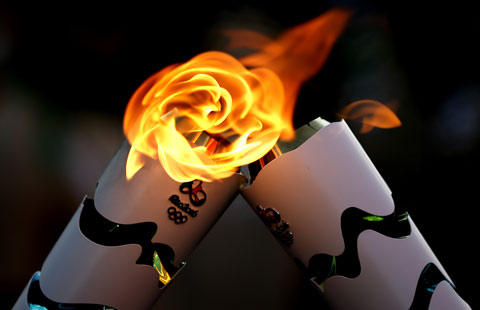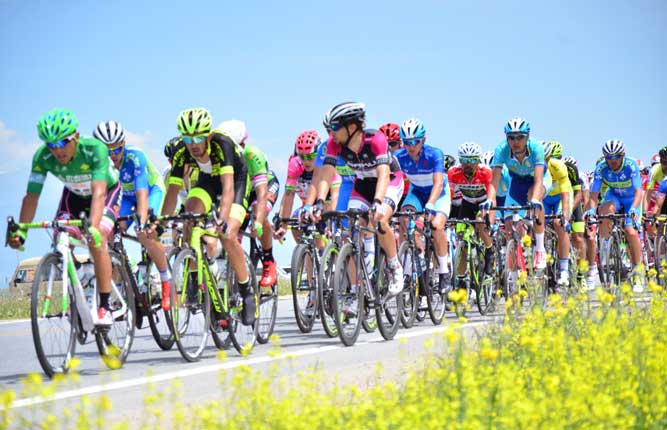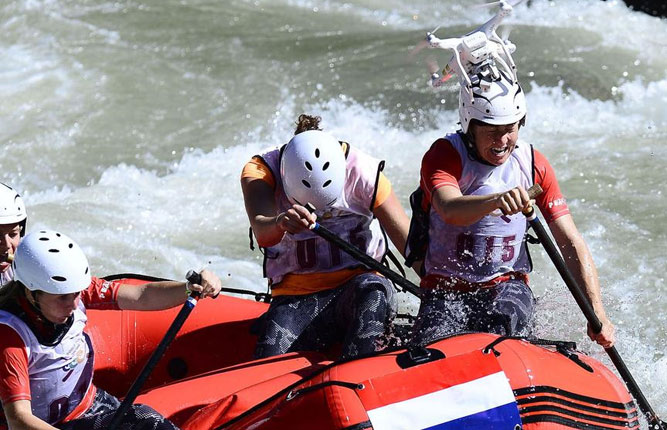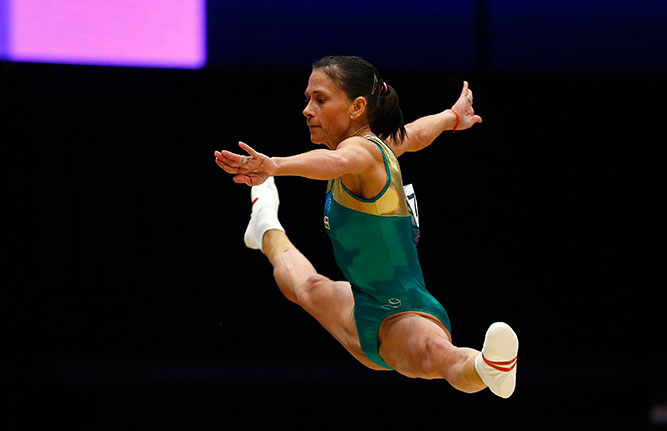Russia ban from Olympic Games not favor Brazilian athletes
(Xinhua) Updated: 2016-07-22 08:53RIO DE JANEIRO - The sports world is now contemplating the possible exclusion of the entire Russian delegation from the Rio 2016 Olympic Games due to widespread allegations over an organized attempt to cover up massive doping.
The World Anti-Doping Agency (WADA) on July 18 recommended to the International Olympic Committee (IOC) that the entire Russian team should be suspended from Rio 2016 after an independent investigation turned up the doping activities, especially during the Sochi 2014 Winter Games.
However, certain analysts believe that Russia's exclusion, even if warranted, would tarnish the accomplishments of athletes from Brazil and making life easier for some of its fiercest competitors.
IOC President Thomas Bach said on July 19 that the body would rapidly decide on the harshest sanctions against any individuals or organizations implicated in the Russian doping scandal. It then promptly began targeted disciplinary actions against officials from the Russian Sports Ministry, among others.
However, the Brazilian reaction has not been one of unanimous condemnation. "We made an analysis of all evidence (in athletics) in the events where Russia won medals in the last Olympics and the result was not good for us. Our direct opponents won more than us in the great majority of events in which Russia took part," commented Vinicius Freire, the executive director of the Brazilian Olympic Committee, on Wednesday.
Freire's view was shared by Guilherme Costa, a columnist for the Globo news portal, who wrote "Brazil's rivals to enter the top 10 (in the medal ranking) are the Netherlands, New Zealand, Canada, Poland, Italy and South Korea. These countries would have a far more open path without Russia."
"Poland and Canada (in athletics), Italy and South Korea (fencing), New Zealand (cycling) and the Netherlands (gymnastics, judo and handball) would win more medals, while Brazil would have to turn to a harder path to win more medals in sports, such as athletics, boxing, wrestling and volleyball," he added.
"The minimum number of medals to make it into the top 10 would raise from 26-27 to 31-32, making it more difficult to advance to the Olympic elite," continued Costa.
According to the journalist, China would be the largest beneficiary from a Russian ban as it would see more opportunities to beat the US to top the medal table.
"The Chinese are stronger in sports where Russia is very strong, such as diving, synchronized swimming, taekwondo and weightlifting. The majority of 'lost' Russian medals would end up in Chinese hands instead of American ones," he concluded.
- Rio 2016: City seeing public transport 'revolution' due to Olympic Games
- 2016 Rio Olympic Games to be held from August 5 to 21
- Can you answer these questions about the Olympic Games
- Timeline of Rio 2016 Olympic Games
- 4 cities launch bid for 2024 Olympic Games
- Background: Ritual of Lighting Ceremony for 2016 Rio Olympic Games









